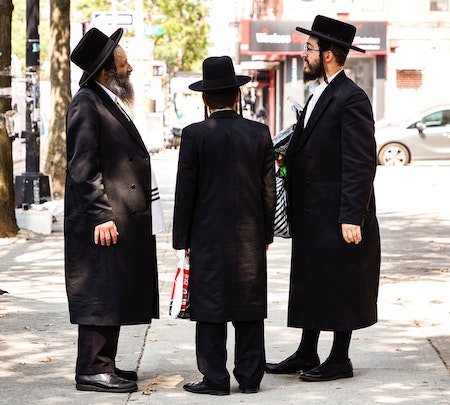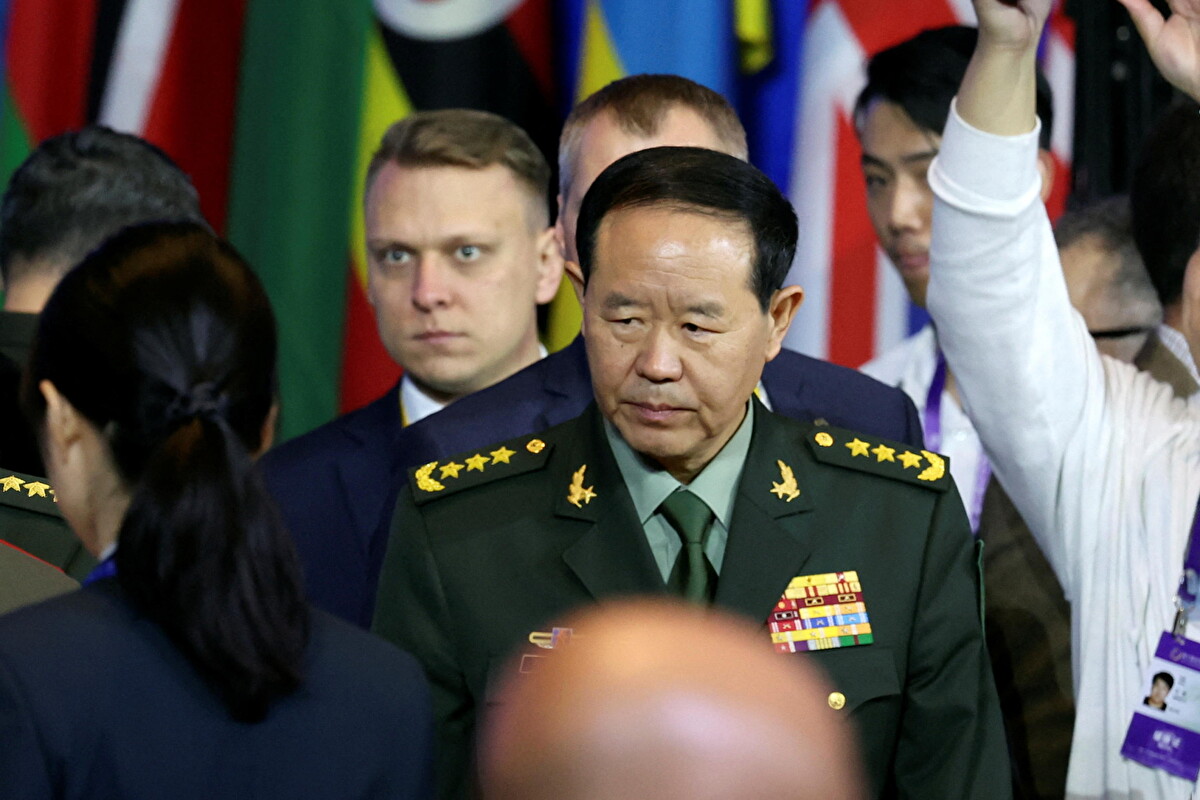According to a poll administered this month by the Associated Press-NORC Center for Public Affairs Research, Black American adults were more likely than white and Latinx American adults to say the U.S. is too supportive of Israel. The survey showed that 44% of Black Americans express concern with the U.S. support of Israel, in comparison to 30% of the white demographics and 28% of the Latin American population surveyed.
There were also more general divides expressed in the poll, with younger Americans being more likely to say the U.S. is too supportive of Israel. Even within the Jewish American community, some younger and more progressive Jews tended to be more critical of Israel’s policies.
In terms of Black Americans’ solidarity with Palestinians, this relationship is something that dates back to the Civil Rights Movement. Noted leaders of Black Liberation, including Malcom X, Stokely Carmichael, Kwame Ture, and Angela Davis– among many others– historically voiced their support for the plight of Palestinians.
With the more recent violence that has been occurring in the region as the Israel-Hamas war has become more intense, the ties between Black Americans and Palestinians seems to be deepening.
“This is just the latest generation to pick up the mantle, the latest Black folks to organize, build and talk about freedom and justice,” said Ahmad Abuznaid, the director of the U.S. Campaign for Palestinian Rights.
However, some white Jewish Americans see this alliance as potentially threatening to their connection with the Black community, and to the overall treatment of Jews in the country. Bob Kaplan, the executive director of The Center for Shared Society at the Jewish Community Relations Council of New York, communicated his concerns with these recent developments, “Anti Semitism is as real to the American Jewish community, as racism causes to the Black community, or anti-Asian feeling causes to the Asian community, or anti-Muslim feeling causes in the Muslim community.”
Although despite these proposed feelings of solidarity of Jewish Americans with minority groups, a great portion of Black Americans still feel their similarities with the Palestinians’ struggle might be stronger in terms of persecution.
“Americans like to talk about being innocent until proven guilty. But Black folks are predominantly and disproportionately detained in the United States regardless of whether anything has been proven. And that’s very similar to Israel’s administrative detention,” stated Julian Rose, an organizer with a Black-run bail fund in Atlanta.
This sense of solidarity in experiencing systemic discrimination seems to be what’s driving this force of unity between the Black and Palestinian commu












